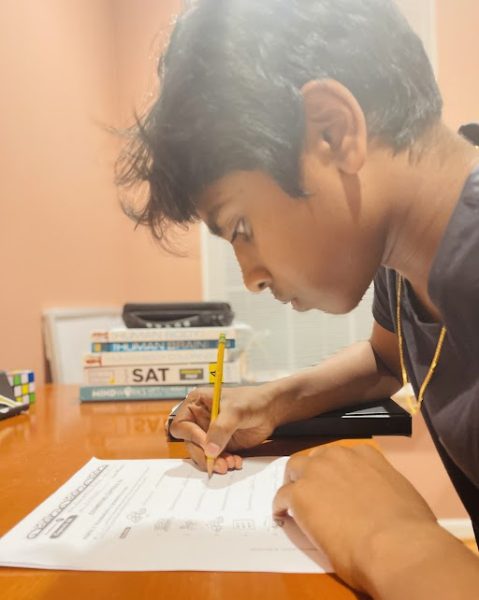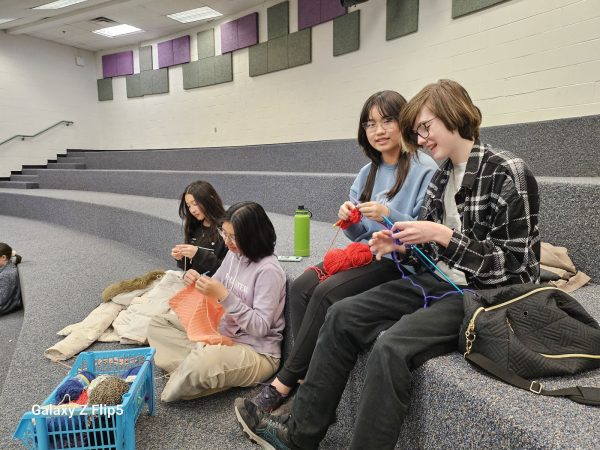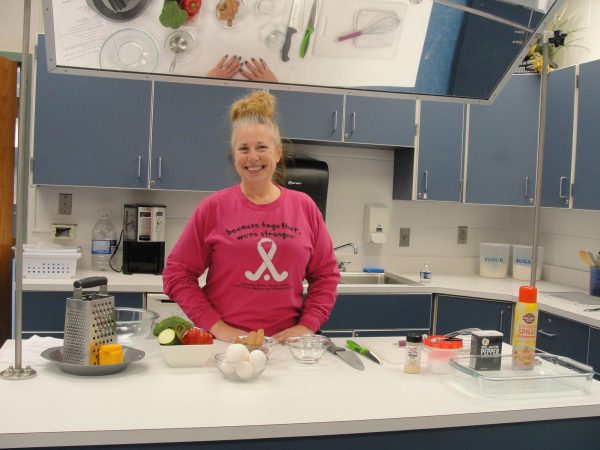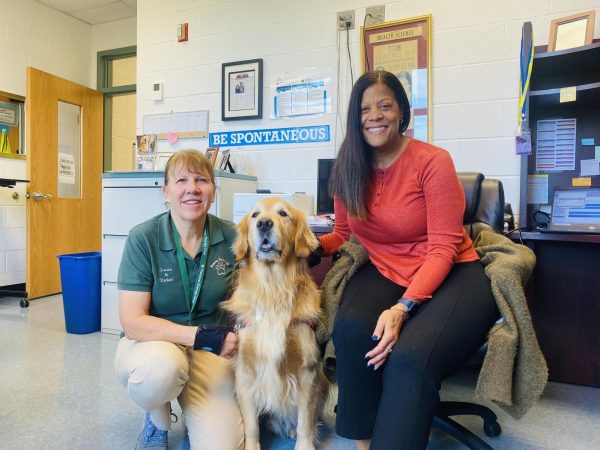The journey behind sending students on a field trip

For trips, schools opt to use school buses as they are more affordable, but sometimes this can interfere with the pick-up/drop-off schedule.
As in-person school has returned, so have field trips, but not all classes will go.
The decision to go on a field trip is dependent upon teachers, and many choose not to due to the immense planning required, as well as the possible time conflicts it could have within a school day.
Many popular electives, such as engineering, do not go on field trips. According to Principal Gordon Stokes, this is due to the fact that few teachers have expressed interest in taking on the responsibility of planning such a trip. After the teacher requests the trip, they must talk to Mr. Stokes, assess risks, approve the trip, and understand the timing and transportation factors.
“Understand that every field trip takes a lot of organization, planning, and coordination,” says Mr. Stokes. “It is not as easy as ‘Hey, we are going to this site today.’”
While there are more opportunities than last year, when the learning environment was virtual, many trips have been canceled. In a regular year, the seventh-grade science classrooms take a trip, and the eighth-graders go to a site to learn about economics.
“I am glad that we took so many precautions for Covid-19 and made sure that all students were protected,” says Ms. Anne Thrasher, a Dolphins civics teacher. “But I’m definitely looking forward to the future when we can go in person again.”
It is easier to send entire teams on trips rather than just electives. Electives usually consist of students from several teams, so when just that class leaves school, the students miss out on varying classwork. However, when an entire team leaves, it works better with the planned curriculum, as all students will be on the same page.
However, if given a chance, Mr. Mark Bolt, the Carson engineering teacher, would like to go to a manufacturing facility to help students better understand the production process. He thinks that an opportunity to go on a field trip would benefit students’ learning.
“It would make connections between what I teach and what is happening in the industry,” Mr. Bolt said. “And why I teach these skills.”
They also provide something to look forward to within the year by serving as an educational break from the regular routine.
“It takes a lot of work to organize them,” says Mr. Stokes. “But once you are there in the moment, they are a lot of fun.”
As for students, the opportunity of a field trip doesn’t seem to have much impact when selecting courses. While many students have shown interest in a field trip, it isn’t the deciding factor in choosing an elective.
“I wanted electives I would be able to apply in the future and possibly affect my career,” says Rishab Nanduri, a seventh-grade student on the All-Stars team.
For example, students who want a business-oriented career have chosen Spanish for the language-based opportunities it brings, FACS for everyday skills, and engineering, as the future is sure to rely upon a foundation of technical knowledge.
A few ideas students have had to go on field trips included going to a cultural neighborhood for Spanish to learn from locals and going to a rocket site for engineering, as it was a project for both engineering level 1 and 2 students.
According to Rishab, there are three main criteria when selecting a field trip destination. It should be engaging, relevant, and build on concepts being learned in class, to effectively teach new information.
An example of applying classroom material in an outside setting is the seventh-grade science field trip. Students have identified that this class assisted their classroom learning, but was also a moment of growth in regards to selecting field trips.
“It was not only fun,” said Rishab, “but also more proficient in class from what we learned from it.”
Students have also felt that they should have more input regarding the field trip destinations.
“If I could change anything, it would be the input of every class,” said Sanya Bhalla, a seventh-grade student on the Champions team, “because there will always be a way to change things and make them better.”
Aashritha Penumudi is an eighth-grade student on the Dolphins team. She enjoys playing soccer and reading in her spare time. Her favorite classes are math...









